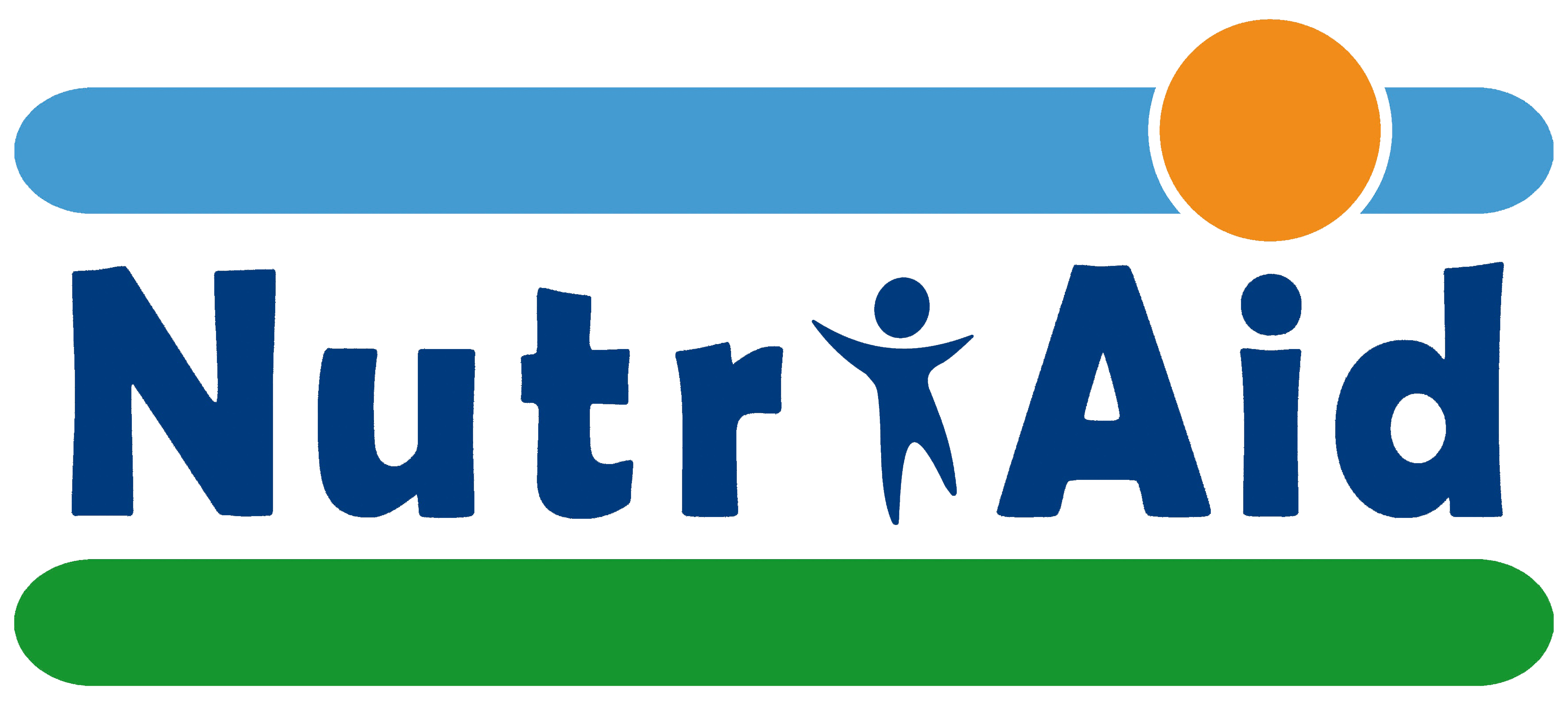The Republic of Senegal is a West African state with its capital in Dakar. It borders four other African states: Mauritania, Guinea-Bissau, Guinea and Mali, and encloses the state of Gambia in an enclave. Its territory covers about 200,000 km2, in the north the border follows the Senegal River and in the east it faces the Atlantic Ocean. It has a population of about 17.8 million (UNFPA, 2023), consisting of about 20 different ethnic groups, 52% of which live in rural areas.
Senegal occupies position 173 out of 191 countries on the Human Development Index (UNDP ranking 2023), with a life expectancy of its inhabitants between 67 and 72 years. Among African countries, it is one of the most politically stable. The independence obtained in 1960 has greatly contributed to making the country's institutions more democratic. The country is divided into 14 regions, with as many as 113 municipalities, 370 rural communities and 14,400 villages. The Senegalese economy relies heavily on cash crops (a crop is grown for its economic value on the market) and fishing, both of which are affected by climate change. According to WFP, 17% of the population is food insecure, lacking adequate access to sufficient nutritious food to maintain a healthy and active life; the level of insecurity in urban areas affects 9% of households, while in rural areas it affects 21%.
Concerning the incidence of the population suffering from GAM (Global Acute Malnutrition), which includes both Moderate Acute Malnutrition (MAM) and Severe Acute Malnutrition (SAM), about 9% of children under the age of 5 are affected. Although the situation has improved, the rates of GAM tend to increase during the dry season due to lack of food and clean water, poor hygiene and disease, and severe macronutrient deficiency (iron, iodine, vitamin A and zinc) - about 66% of children under 5 years of age and 58% of women are affected by anaemia.
NutriAid has been working in Senegal since 2010 with health care and nutritional rehabiltation projects to fight malnutrition and ensure food self-sufficiency in emergencies by strengthening the management of nutritional resources at community level.
Already active in the Yene area, interventions are now concentrated in two other target areas. In the municipality of Loul Séssene, the project financed by the Italian Prime Minister's Office aims to strengthen the services for the treatment and prevention of maternal and child malnutrition in the area as a result of the shortage of food resources due to the restrictions induced by the Coronavirus pandemic. The strengthening is intended both in terms of the structure and equipment of health centres and in the capacity of local institutions to respond to future nutritional emergencies in relation to the increasingly frequent effects of climate change and possible future health emergencies.



















































